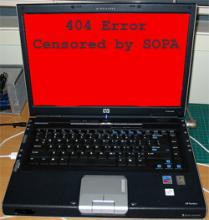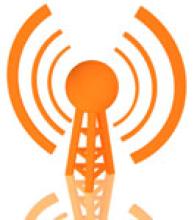70 Groups Call on Congress to Drop SOPA / PIPA
The Institute for Local Self-Reliance joined many other groups in signing a letter calling on Congress to cease considering the Stop Online Privacy Act (SOPA) and instead initiate a balanced process meant to seriously consider a proper way to defend copyrights that does not threaten the open Internet. In short, we want a process that considers the rights and desires of all Americans, not a few corporations with the best lobbyists.
From Public Knowledge:
“This letter shows that the opposition to SOPA and PIPA came from an extraordinarily diverse coalition of well-informed groups and companies who understood perfectly well what was in the bills. This was not an industry-led movement, it was an Internet user movement,” said Ernesto Falcon, congressional affairs director for Public Knowledge. “Contrary to what Hollywood executives are saying, the sole reason why the Internet blackout occurred was because the public was concerned by these over-reaching bills that had no business being considered.”From the letter [pdf]:
Now is the time for Congress to take a breath, step back, and approach the issues from a fresh perspective. A wide variety of important concerns have been expressed – including views from technologists, law professors, international human rights groups, venture capitalists, entrepreneurs, and above all, individual Internet users. The concerns are too fundamental and too numerous to be fully addressed through hasty revisions to these bills. Nor can they be addressed by closed door negotiations among a small set of inside the-beltway stakeholders. Furthermore, Congress must determine the true extent of online infringement and, as importantly, the economic effects of that activity, from accurate and unbiased sources, and weigh them against the economic and social costs of new copyright legislation. Congress cannot simply accept industry estimates regarding economic and job implications of infringement given the Government Accountability Office’s clear finding in 2010 that previous statistics and quantitative studies on the subject have been unreliable.




